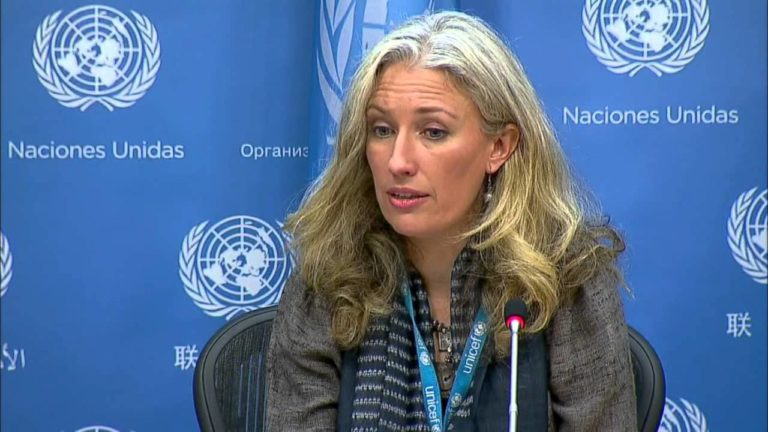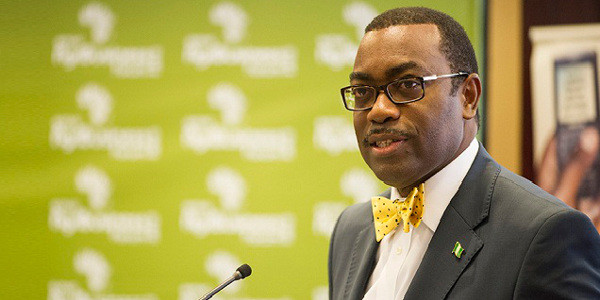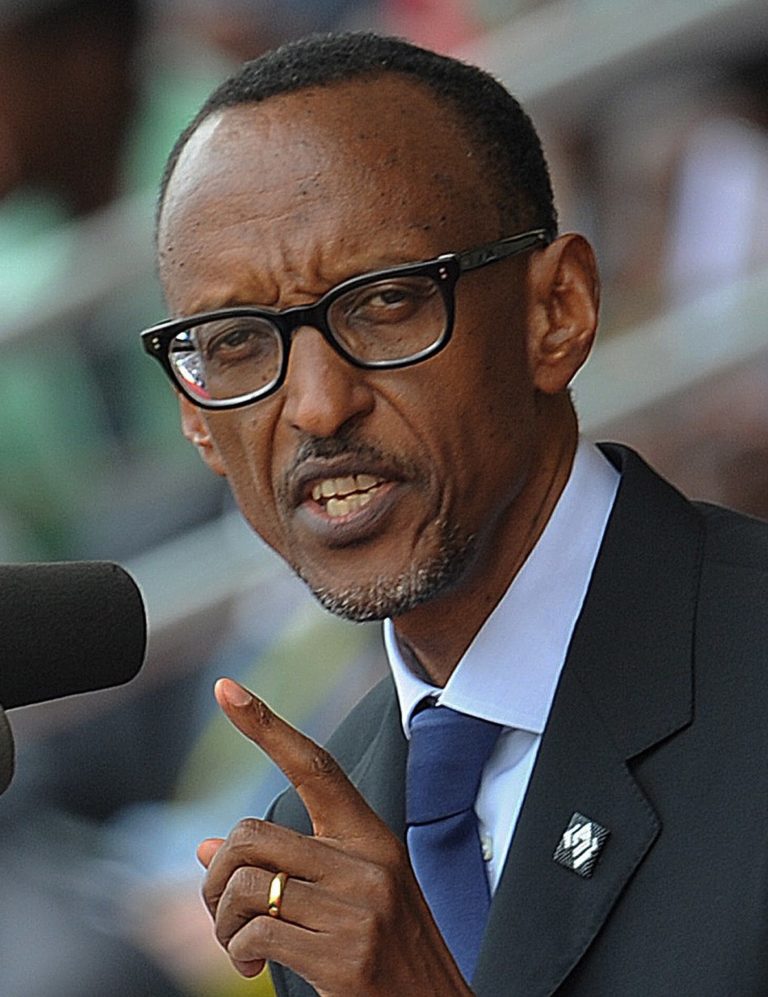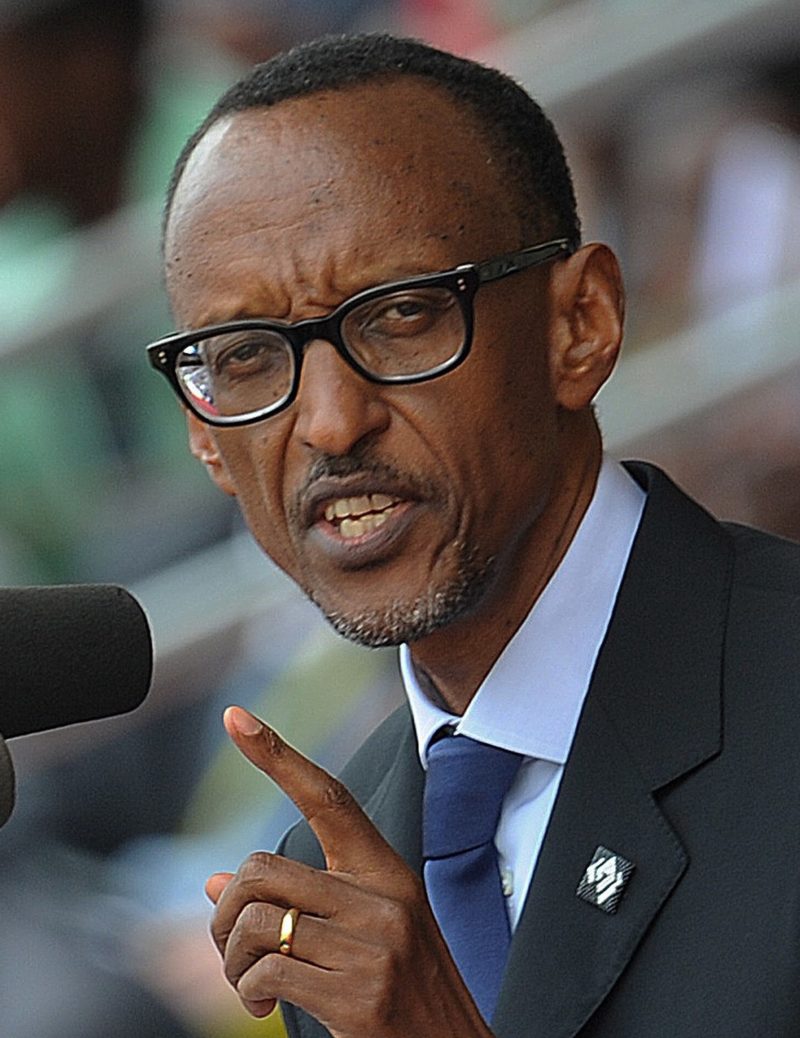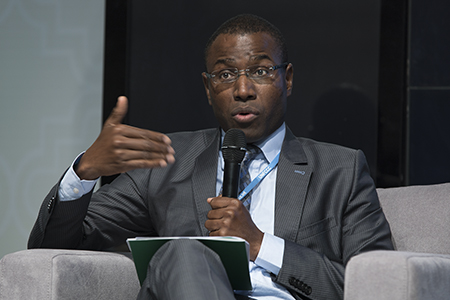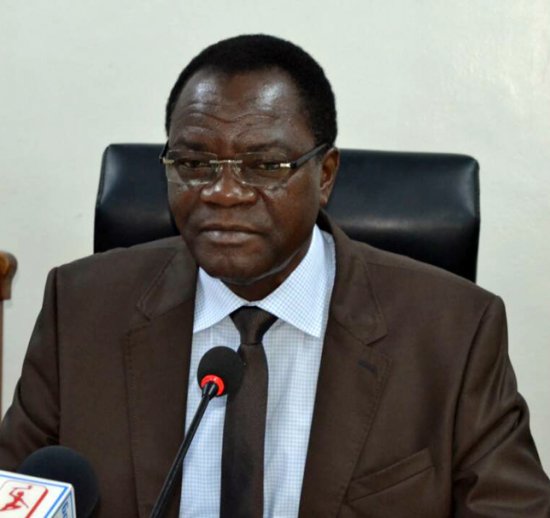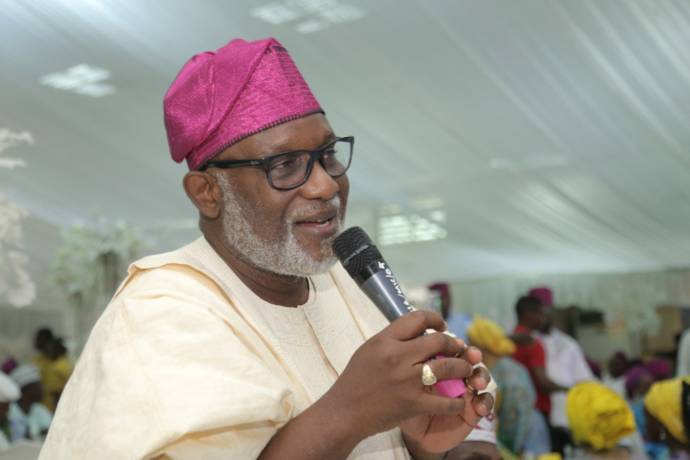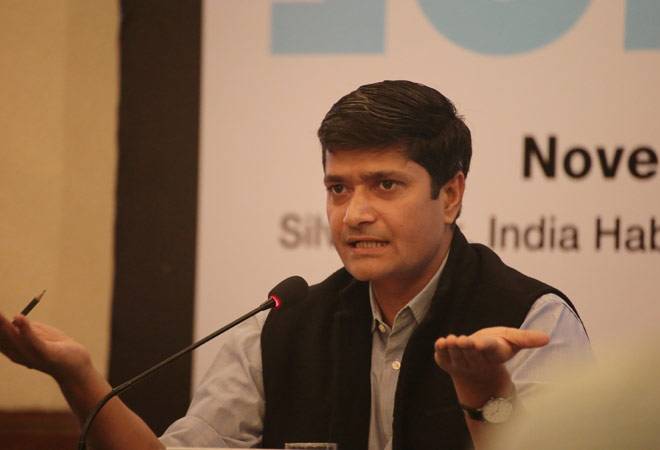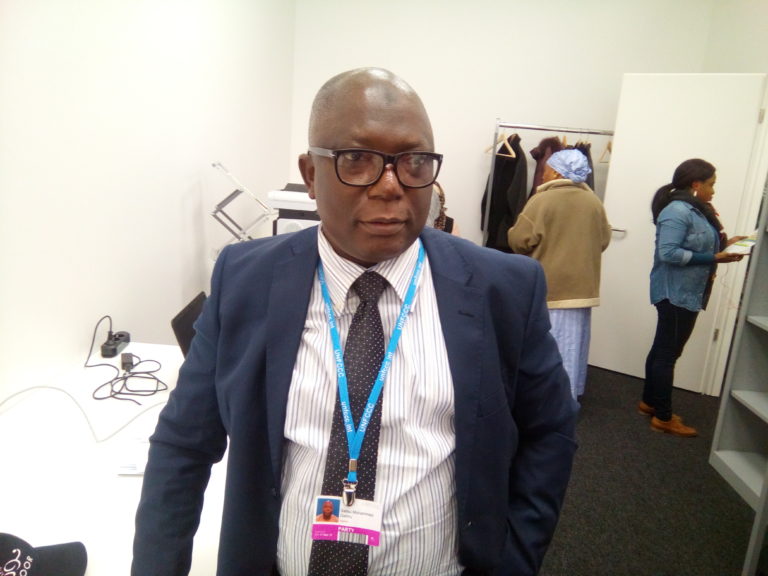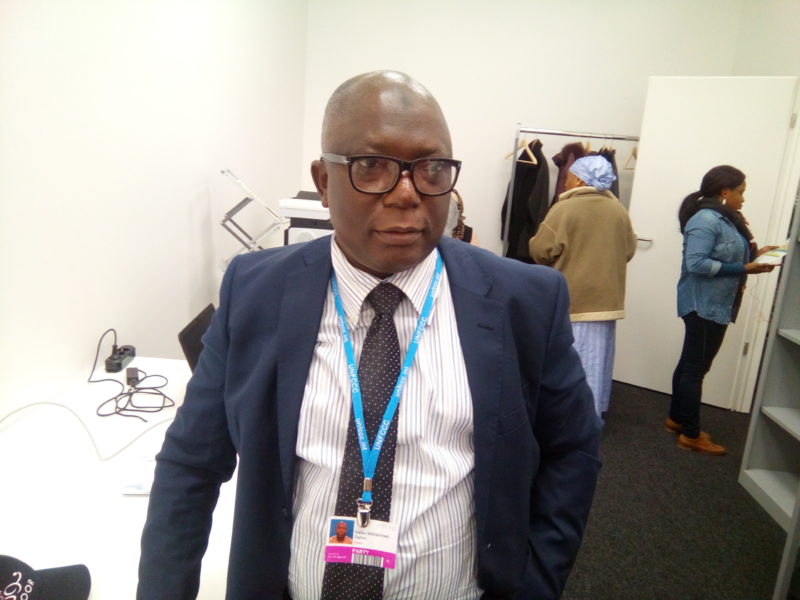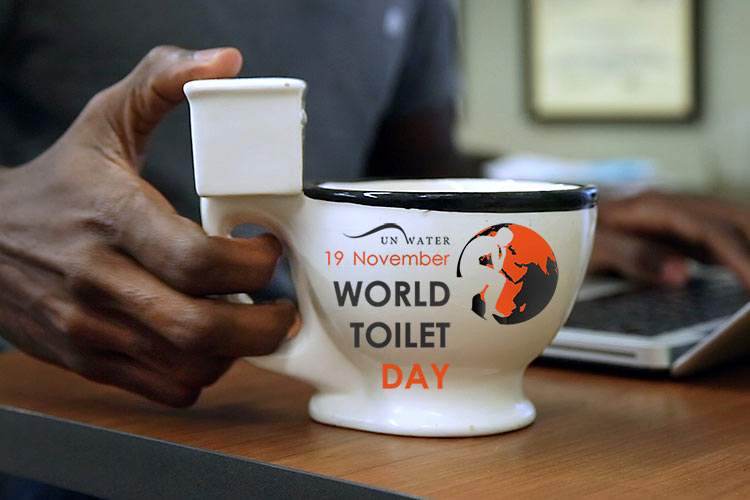The United Nations Children’s Fund (UNICEF) on Monday, November 20, 2017 urged the Federal Government to invest in children to sustain national development.
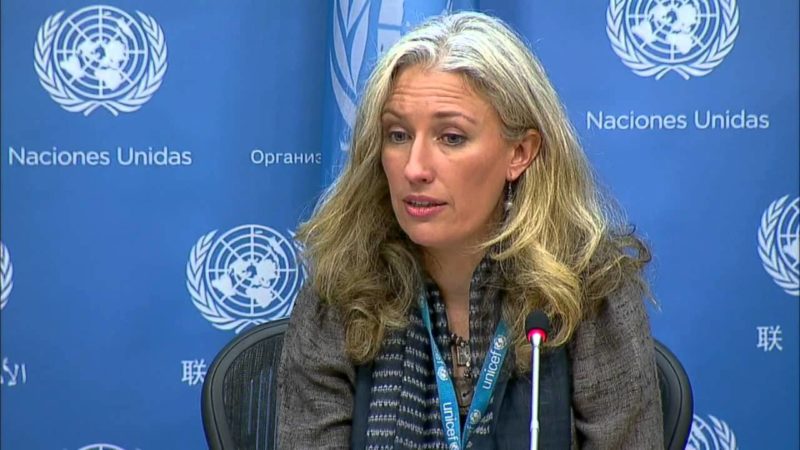
UNICEF Chief of Communication, Ms Doune Porter, made the call when the organisation led some children to Transcorp Hilton to takeover some key positions as part of activities to commemorate the 2017 World Children’s Day.
Porter said that the world children’s day marked every Nov. 20, also coincided with establishment of the adoption of the Convention on the Rights of the child.
The theme of this year’s celebration is “Children takes over’’.
Porter noted that such investment should be channeled toward children’s education, protection against all forms of violence, ensure they have right to healthcare, safe water, sanitation and hygiene as enshrined in the convention and ratified by the Nigerian government.
According to her, meeting these rights will help to bring a healthy, better educated, and more dynamic generation for the future of the nation.
She said that the day was set aside to raise awareness about issues facing children all over the world including Nigeria.
“The day marks the anniversary of the adoption of the Convention on the Rights of the Child, with children ‘take-over’ to give children their own platform to help save children’s lives, fight for their rights and fulfill their potential.
“It is a day for children, by children. In Nigeria, these activities include children’s take-over of media houses across the country among other local initiatives,’’ Porter said.
Also speaking, Mr Goeffrey Njoku, UNICEF Communication Specialist, said the theme of the celebration was apt, as it availed the children opportunity to advocate and fight for their rights as well as draw the attention of government toward meeting them.
Njoku said that many Nigerian children do not have access to education, potable water, healthcare, and security among others, adding that they abridged the convention of the rights of the child ratified by the government.
He described the situation of Nigerian children as appalling and added that there was the need for government to rise up to its responsibilities and give them their rightful place in the society to secure the future of the nation.
“Many Nigerian children do not have access to education, protection, and right to survival among others. This is an abridgement of the child’s rights and child survival.
“Nobody can advocate for you more than yourself, hence we are asking the children to do it and draw attention to situation of children in Nigeria which is appalling.
“So, we need to draw attention to it so that prompt action can be taking in respect of those rights.
“Children have the right to survival, development, protection. We have cases of child trafficking, violence which violated child rights convention and these acts should be stopped,’’ Njoku said.
NAN reports that some of the key positions occupied by the Nigerian children at Transcorp included Chief security, Front Desk Officer and General Manager.
In her remarks, Etienne Gailliez, Country General Manager, Hilton, identified sound mind and good body as the best gift to be given to the children, adding that these could be realised through education.
Gailliez noted that a good government or authority should equip its younger generation with values and discipline and strictness, describing it as essential for national development.
According to him, the significance of allowing children to take specific responsibilities in the hotel is to motivate and acquaint them with what it takes to work in the hospitality industry.
By Felicia Imohimi

